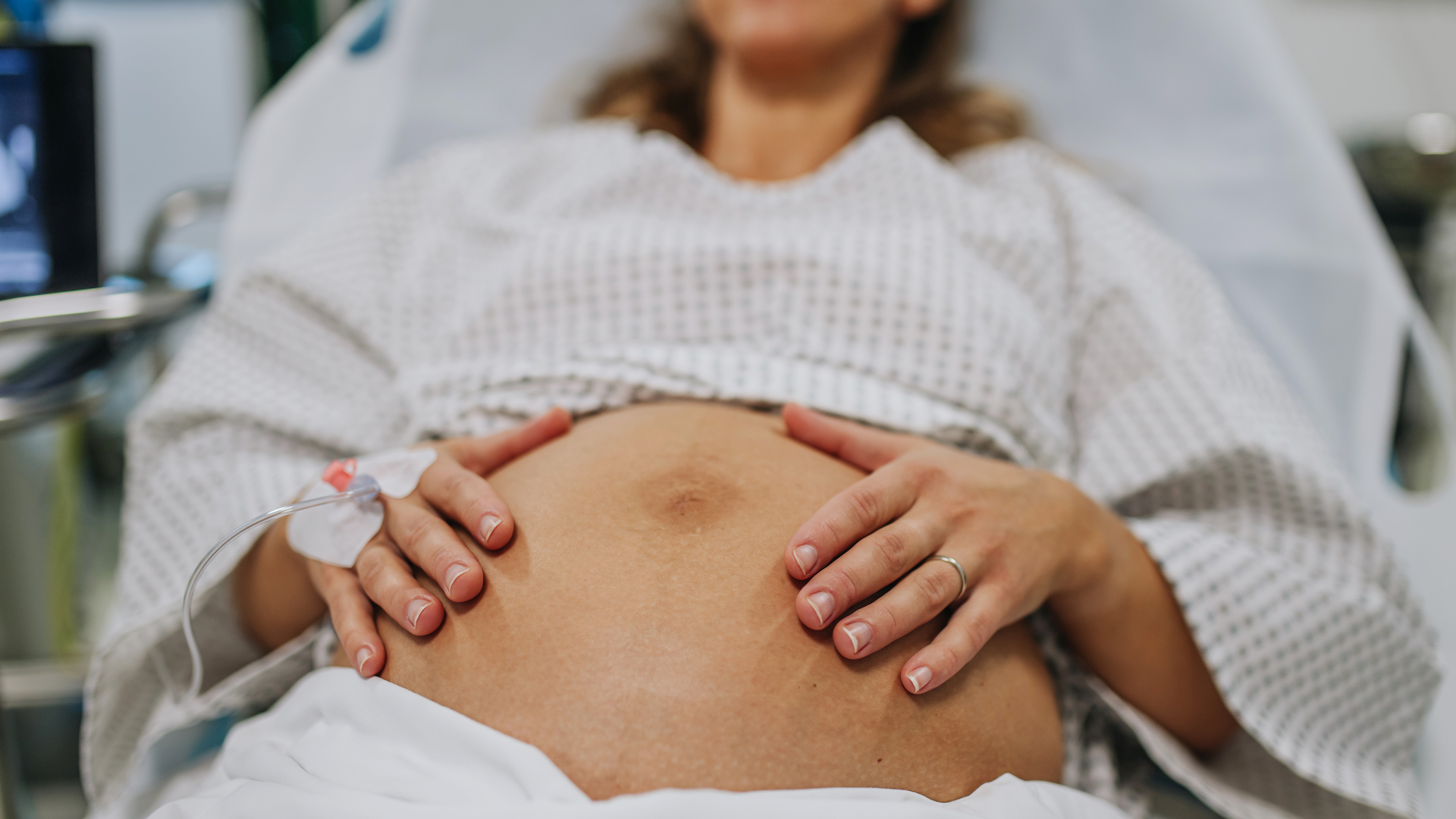
Epidurals during labor not only reduce patients' pain but may also lower the overall risk of severe complications during childbirth and in weeks just afterward, a recent study finds.
Epidurals involve injecting a drug, usually an anesthetic, around the lower spinal cord to provide pain relief and reduce the sensations of labor and childbirth. The general consensus from experts and clinical guidance is that people benefit from epidurals during labor itself — but until now, there has been limited data on whether the injections have benefits for people at risk of complications after pregnancy.
These findings are important in addressing the rising incidence of maternal mortality in the U.S. and the increase in severe childbirth complications in the U.K., as well as similar trends elsewhere in the world.
The study, published May 22 in the journal The BMJ, analyzed data collected by the Scottish National Health Service over a 13-year period and stored in six huge databases. Of the more than half a million women included in the study, more than 125,000 had epidurals during labor. In the overall group, more than 2,400 experienced severe complications, including respiratory distress, aneurysm, heart failure and eclampsia, during or in the weeks after delivery.
Overall, having an epidural during labor was associated with a 35% lower risk of severe complications up to six weeks out from delivery and a 54% lower risk of complications that required admission to critical care.
"We also found that these effects were more pronounced in women who were already at higher underlying risk of these complications, such as those with preterm birth," said study lead author Dr. Rachel Kearns, a consultant anesthetist at Glasgow Royal Infirmary and an honorary professor at the University of Glasgow. "We really hope this information will help women make decisions when they're considering what pain relief to have during labor."
The results reflect what Kearns and her colleagues see in everyday practice — that pregnant people at higher risk of poor outcomes are those most likely to benefit from having an epidural.
Notably, only about 20% of Scottish women included in the study chose epidurals, said Dr. Ruth Landau, director of obstetric anesthesia at Columbia University Irving Medical Center who was not involved in the new research. Those who were at higher risk of complications were only slightly more likely to receive an epidural than low-risk mothers were, she told Live Science via email.
In contrast, closer to 70% of women in the U.S. choose to receive epidurals during labor. In some regions, that number is as high as 90%, although there are disparities in access, Landau said. Many U.S. institutions have 24/7 obstetric anesthesia services, whereas in the U.K., 24/7 epidural services are less common.
Although the new study found a strong link, it's still unclear why epidurals are associated with a lower risk of severe complications.
One possible explanation is that epidurals may reduce the stress the body experiences during labor, resulting in a protective effect for those with underlying heart or lung disease, experts wrote in an editorial accompanying the new study. Another possibility is that the increased monitoring patients receive when getting an epidural may mean complications are detected earlier, allowing for an emergency cesarean birth or more timely treatment.
Understanding the association between epidurals and fewer complications would allow for more targeted interventions, especially in places with limited access to epidurals, Dr. Damon Kamming, a consultant anesthetist at University College Hospital London who was not involved in the study, told Live Science.
It's also important for doctors to communicate the best options for patients. "Ultimately, it comes down to what the mother chooses," Kearns said. "So, we need to explore whether there are barriers to [prenatal] education that we don't know about to make sure everyone is getting the right information before they are in labor."
This article is for informational purposes only and is not meant to offer medical advice.
Ever wonder why some people build muscle more easily than others or why freckles come out in the sun? Send us your questions about how the human body works to community@livescience.com with the subject line "Health Desk Q," and you may see your question answered on the website!







